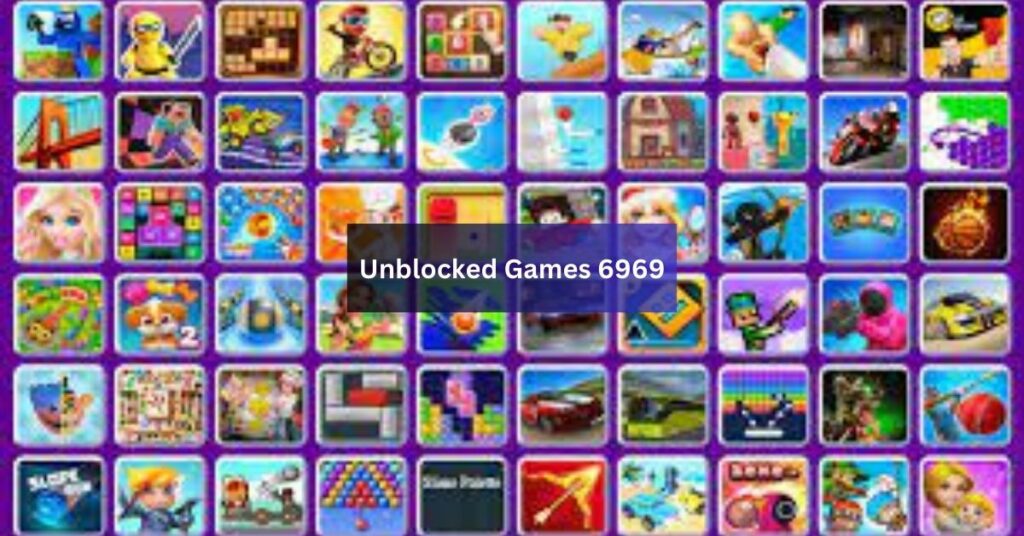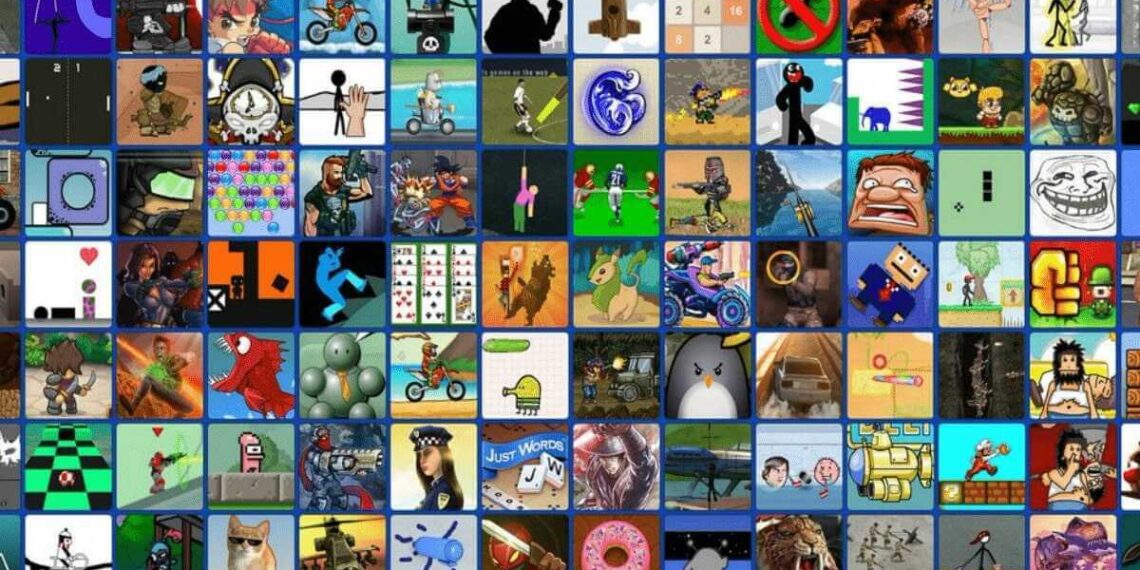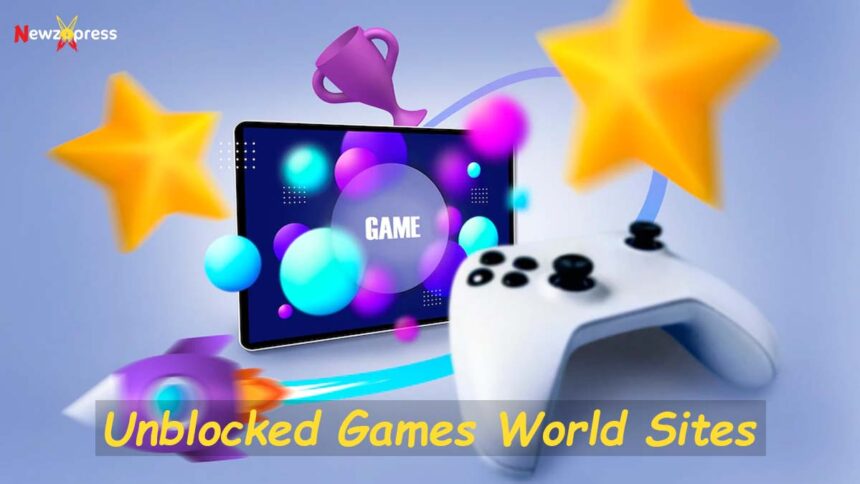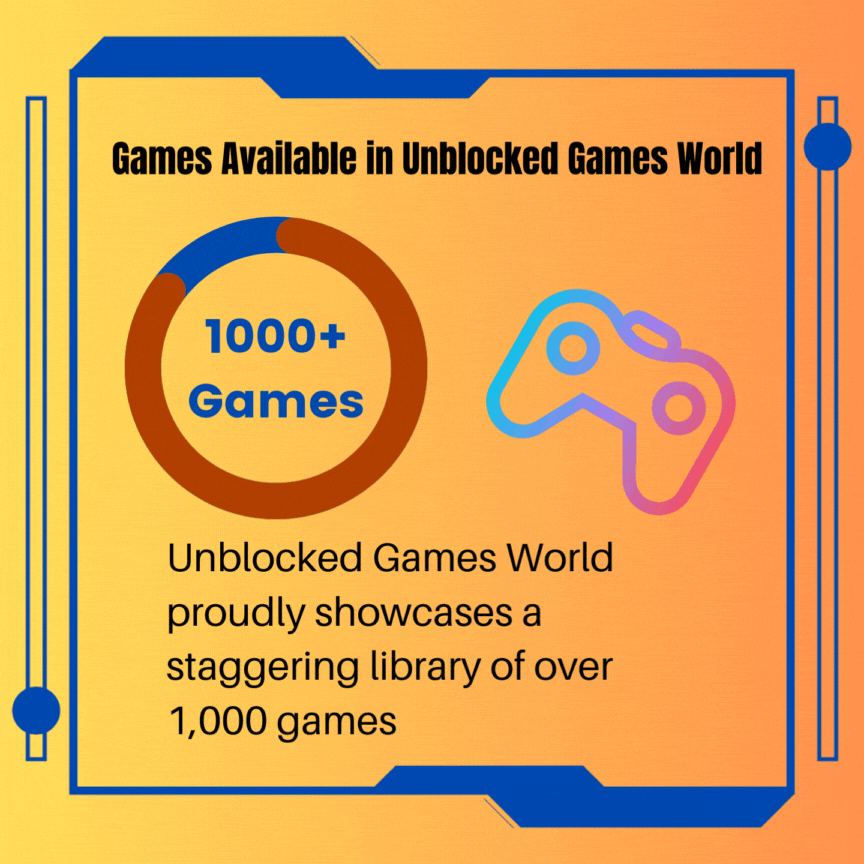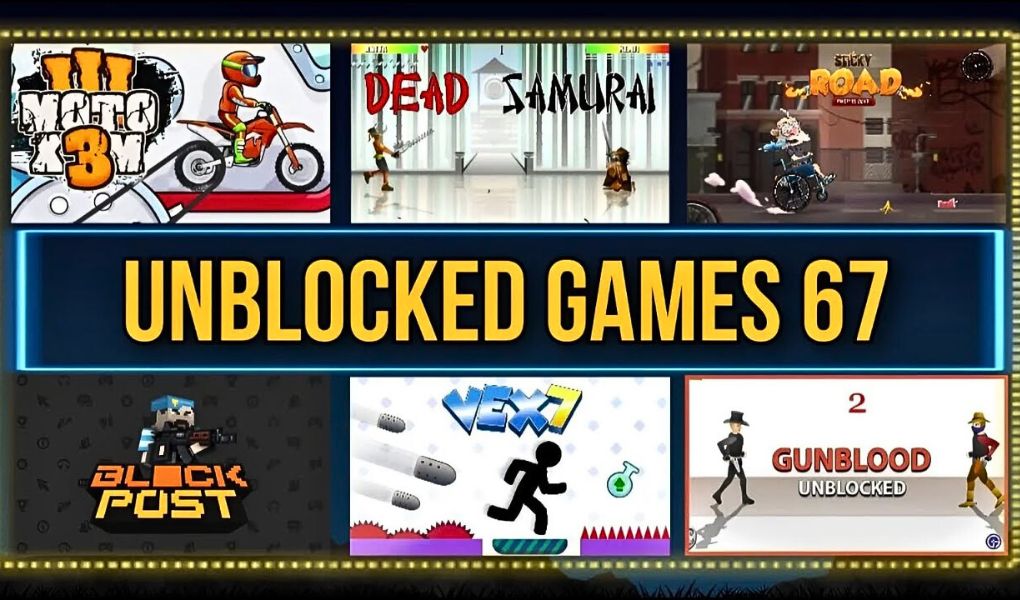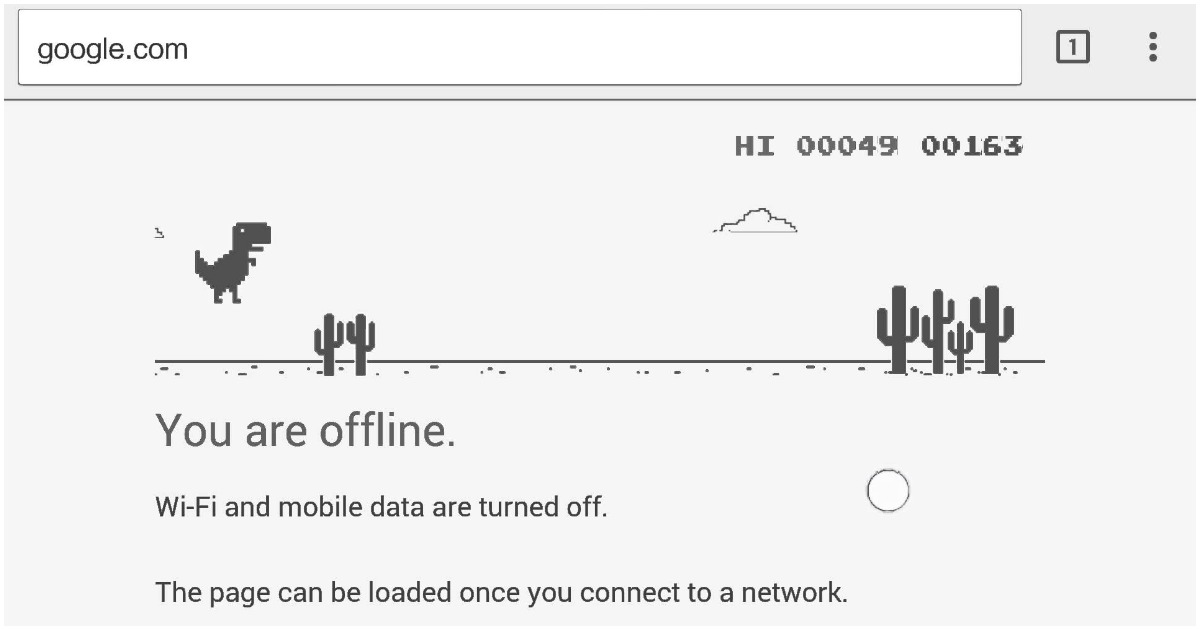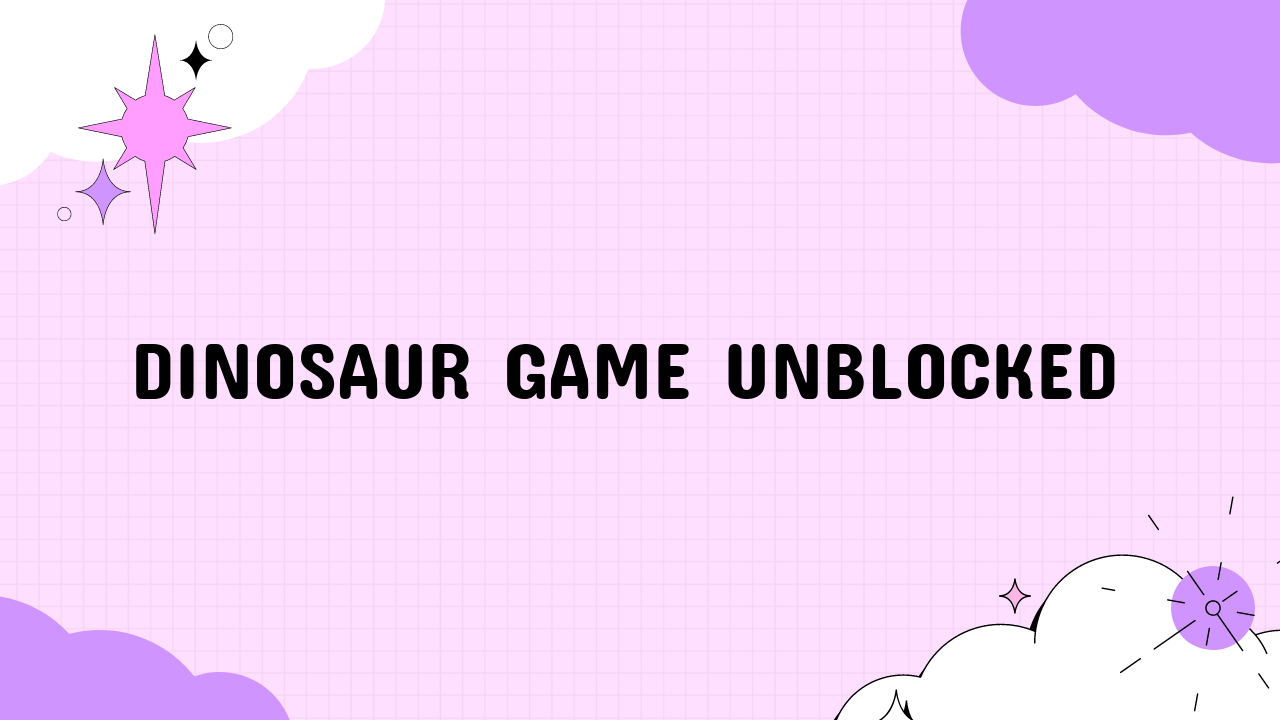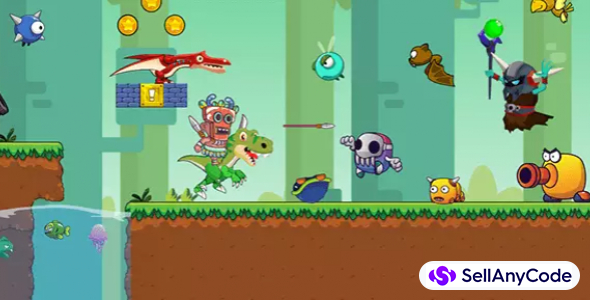The Phenomenon Of "Unblocked Games" In Educational Settings: A Comprehensive Analysis
The Phenomenon of "Unblocked Games" in Educational Settings: A Comprehensive Analysis
Related Articles: The Phenomenon of "Unblocked Games" in Educational Settings: A Comprehensive Analysis
Introduction
With enthusiasm, let’s navigate through the intriguing topic related to The Phenomenon of "Unblocked Games" in Educational Settings: A Comprehensive Analysis. Let’s weave interesting information and offer fresh perspectives to the readers.
Table of Content
The Phenomenon of "Unblocked Games" in Educational Settings: A Comprehensive Analysis
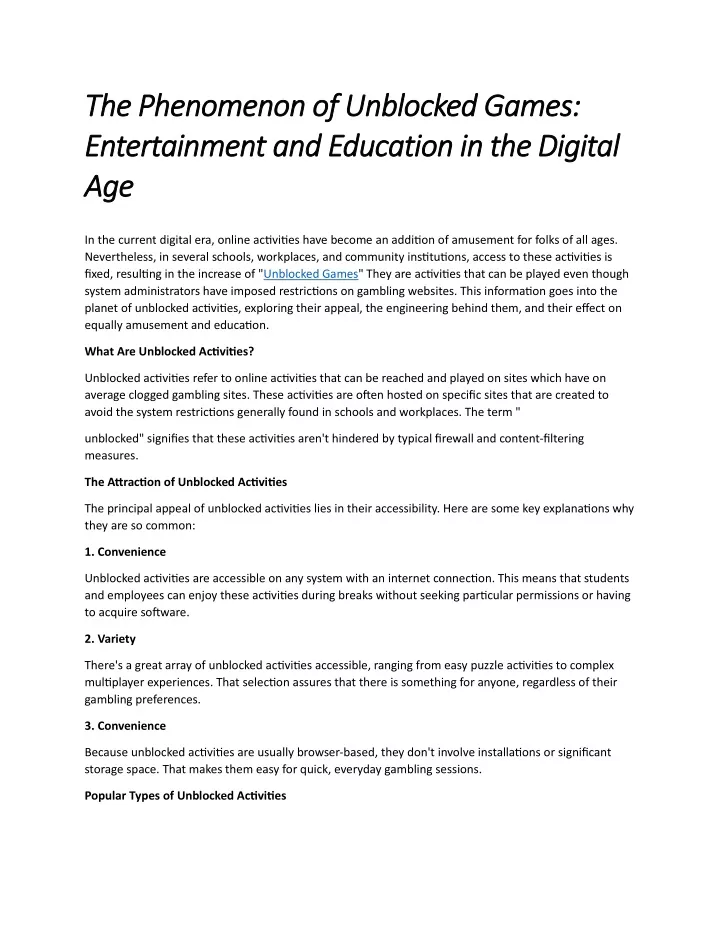
The term "unblocked games" has become synonymous with a specific type of online gaming experience prevalent in educational settings, particularly within secondary schools. This phenomenon, while often associated with a desire for entertainment and distraction, holds deeper implications for understanding student behavior, educational technology, and the evolving nature of learning in the digital age.
Understanding the Context: Unblocked Games and School Networks
Schools, in an effort to ensure a safe and productive learning environment, often implement internet filters and restrictions on student access to certain websites. These restrictions typically aim to block content deemed inappropriate, distracting, or potentially harmful. However, the digital savvy of students has led to the emergence of "unblocked games," websites hosting games that circumvent these filters, offering a readily accessible escape from academic pursuits.
The Appeal of Unblocked Games: A Multifaceted Perspective
The popularity of unblocked games within schools stems from a confluence of factors:
- Accessibility and Convenience: Unblocked games are readily available, requiring minimal effort to access. They are often hosted on free websites, eliminating the need for downloads or subscriptions, making them readily accessible during breaks, lunch, or even during class periods when students perceive the material as less engaging.
- Social Interaction and Collaboration: Many unblocked games offer multiplayer options, allowing students to connect and interact with their peers, fostering a sense of community and shared enjoyment. This social aspect can be particularly appealing to students seeking a break from the often solitary nature of traditional academic work.
- Stress Relief and Entertainment: Unblocked games provide a form of escapism, allowing students to momentarily detach from the pressures of schoolwork and engage in activities that are inherently enjoyable. This can be particularly beneficial for students experiencing stress, boredom, or anxiety.
- Cognitive Engagement and Skill Development: While not always explicitly designed for educational purposes, some unblocked games can inadvertently stimulate cognitive skills like problem-solving, strategic thinking, and hand-eye coordination. This can be seen as a form of informal learning, though it is important to note that the educational value of these games is often incidental.
The Educational Implications: A Balancing Act
The phenomenon of unblocked games in schools presents a complex challenge for educators. While recognizing the potential for distraction and academic disruption, it is crucial to acknowledge the broader implications:
- Student Engagement and Motivation: The prevalence of unblocked games reflects a disconnect between traditional learning methods and the digital world students inhabit. This underscores the need for educators to explore innovative pedagogical approaches that incorporate digital tools and media in ways that are both engaging and relevant to student interests.
- Technology Literacy and Digital Citizenship: Unblocked games can be a starting point for discussions about digital citizenship, online safety, and responsible technology use. Educators can leverage the students’ familiarity with these games to introduce concepts like copyright, digital privacy, and the potential risks of online environments.
- Informal Learning and Skill Development: While not a substitute for formal instruction, unblocked games can offer opportunities for informal learning, particularly in areas like problem-solving, critical thinking, and creative expression. Educators can explore ways to integrate these games into curriculum or utilize them as supplemental activities to enhance learning experiences.
The Future of Unblocked Games: A Call for Collaboration
The phenomenon of unblocked games is not going to disappear. Instead, it presents an opportunity for educators, parents, and technology experts to engage in a collaborative dialogue about the role of technology in education. By understanding the motivations behind this trend, educators can develop strategies to harness the potential of digital tools while mitigating potential risks. This includes:
- Developing a Culture of Digital Literacy: Implementing comprehensive digital citizenship programs that educate students about responsible technology use, online safety, and ethical digital practices.
- Enhancing Curriculum with Digital Tools: Integrating digital games and interactive learning platforms into classroom activities, fostering a more engaging and student-centered learning environment.
- Encouraging Collaboration and Communication: Establishing open lines of communication between educators, parents, and students to address concerns and develop strategies for navigating the digital landscape.
- Promoting a Balanced Approach: Recognizing the potential benefits of technology while fostering a healthy balance between digital engagement and offline learning experiences.
FAQs: Addressing Common Concerns
Q: Are unblocked games always harmful?
A: No, not all unblocked games are inherently harmful. Some games can offer educational value or provide opportunities for creative expression and problem-solving. However, it is important to be aware of the potential for distraction and ensure that students are using these games responsibly.
Q: How can schools effectively address the issue of unblocked games?
A: Schools can implement a multi-pronged approach:
- Strengthening internet filters and security measures.
- Educating students about digital citizenship and responsible technology use.
- Developing engaging and relevant curriculum that incorporates digital tools.
- Promoting open communication between educators, parents, and students.
Q: What role can parents play in addressing this issue?
A: Parents can:
- Talk to their children about responsible technology use and online safety.
- Monitor their children’s online activity and set appropriate limits.
- Engage with their children’s teachers to understand the school’s approach to technology and digital citizenship.
Tips for Parents and Educators
- Engage in open and honest conversations with students about the potential benefits and risks of online games.
- Establish clear expectations and guidelines for technology use at home and in school.
- Encourage students to explore educational games and online learning platforms that align with their interests.
- Utilize technology as a tool for learning, collaboration, and creative expression.
Conclusion: A Call for a Collaborative Approach
The phenomenon of "unblocked games" in educational settings is a reflection of the evolving digital landscape and the need for a more nuanced approach to technology in education. By understanding the motivations behind this trend, educators can develop strategies that leverage the potential of digital tools while mitigating potential risks. This requires a collaborative effort involving educators, parents, students, and technology experts, working together to create a learning environment that is both engaging and responsible.
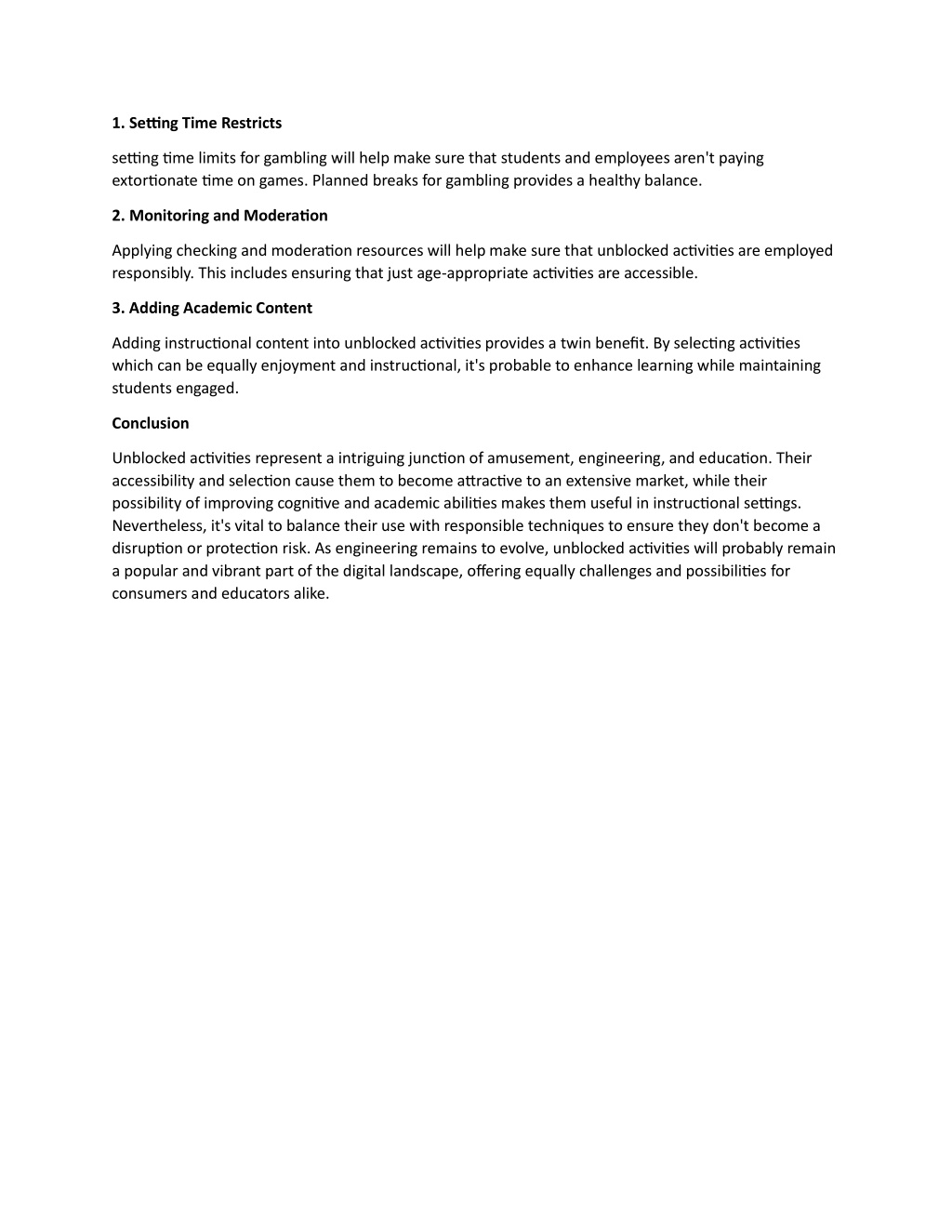
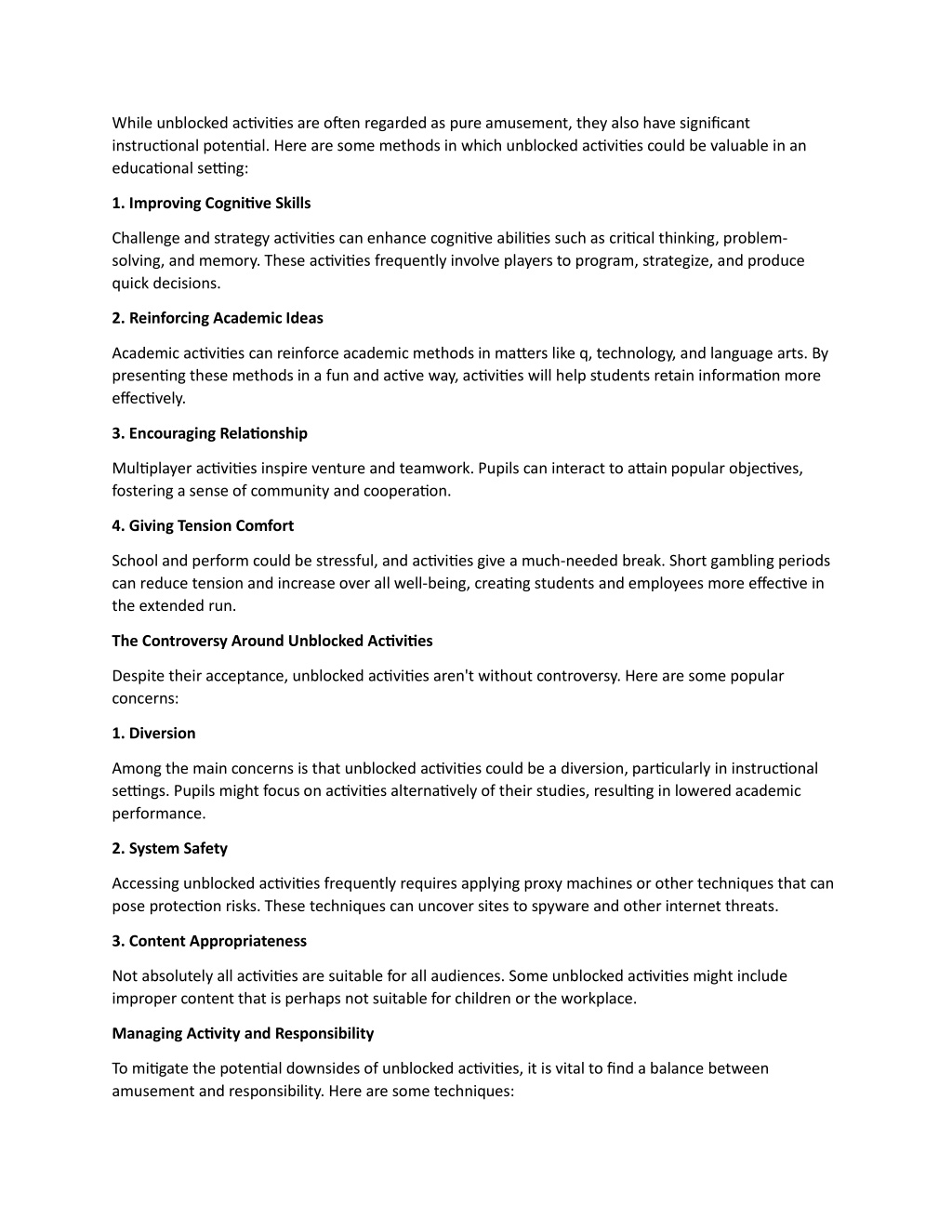



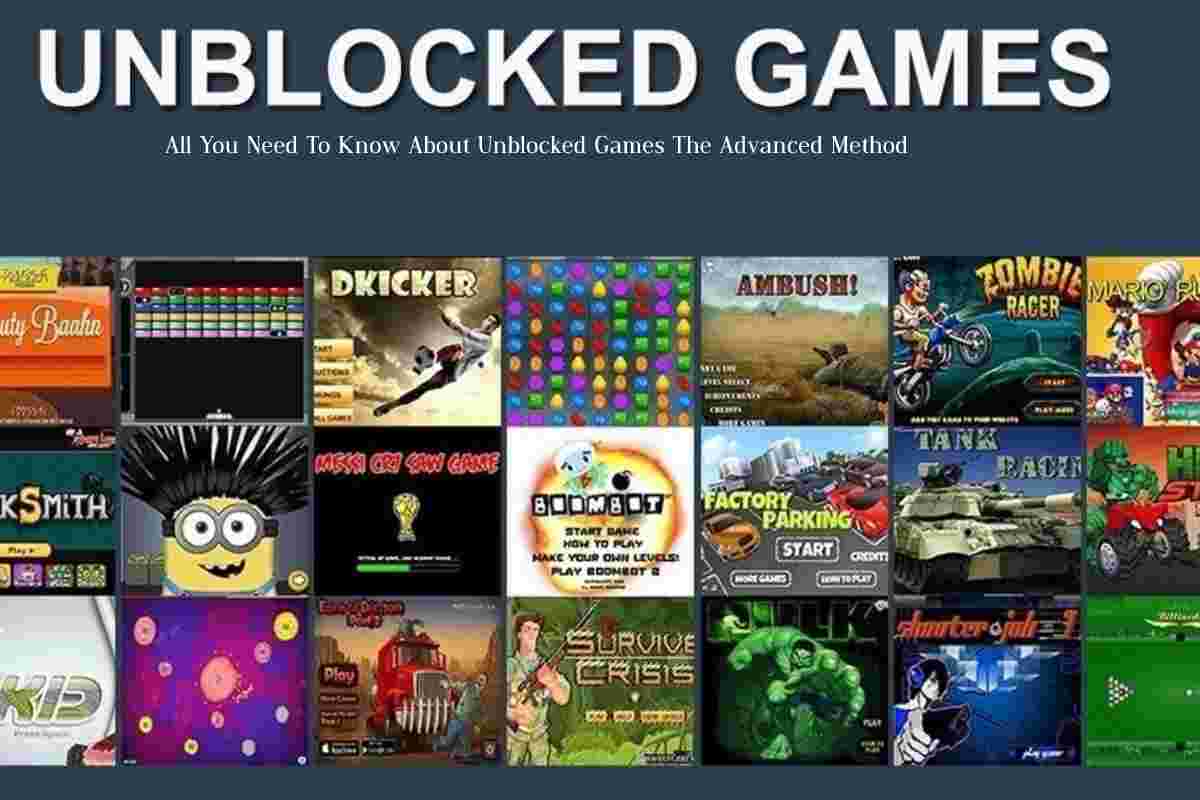

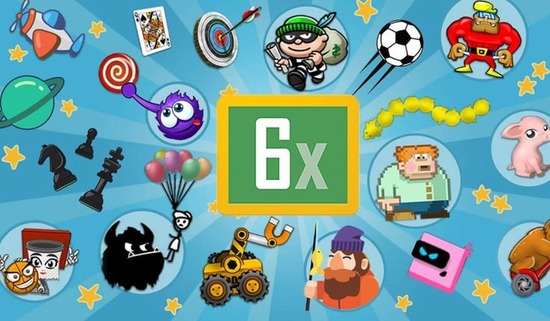
Closure
Thus, we hope this article has provided valuable insights into The Phenomenon of "Unblocked Games" in Educational Settings: A Comprehensive Analysis. We hope you find this article informative and beneficial. See you in our next article!

![The Best Free Unblocked Games Sites You Can Play at School [2020]](https://deskrush.com/wp-content/uploads/2020/03/unblockedgamesmmcn-min-1024x472.jpg)
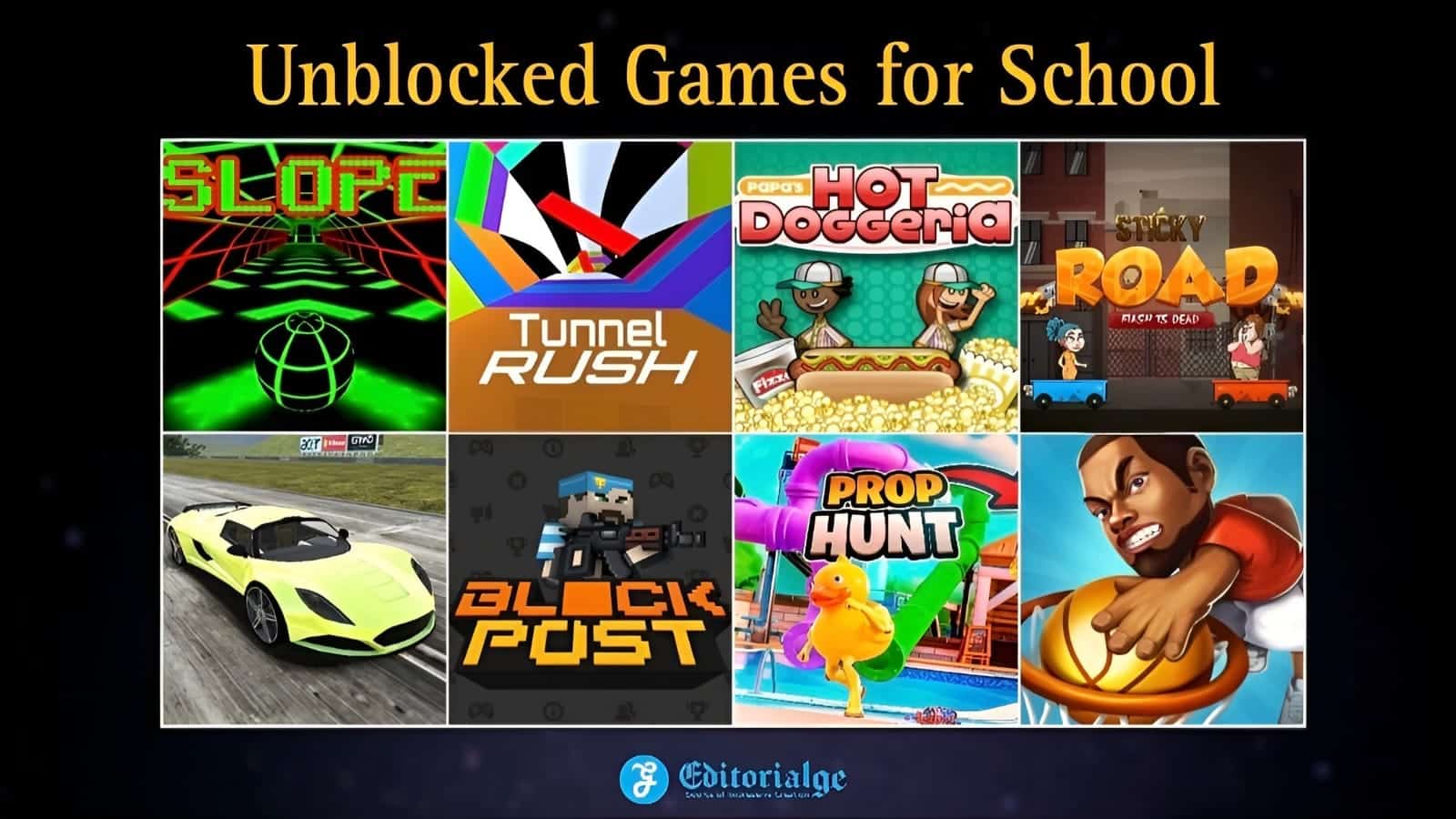
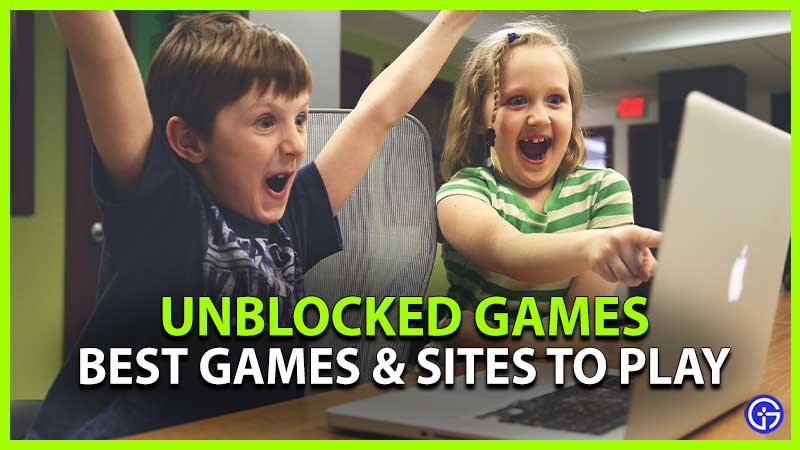
![The Best Free Unblocked Games Sites You Can Play at School [2020]](https://deskrush.com/wp-content/uploads/2020/03/unblockedgamespod-min-768x340.jpg)
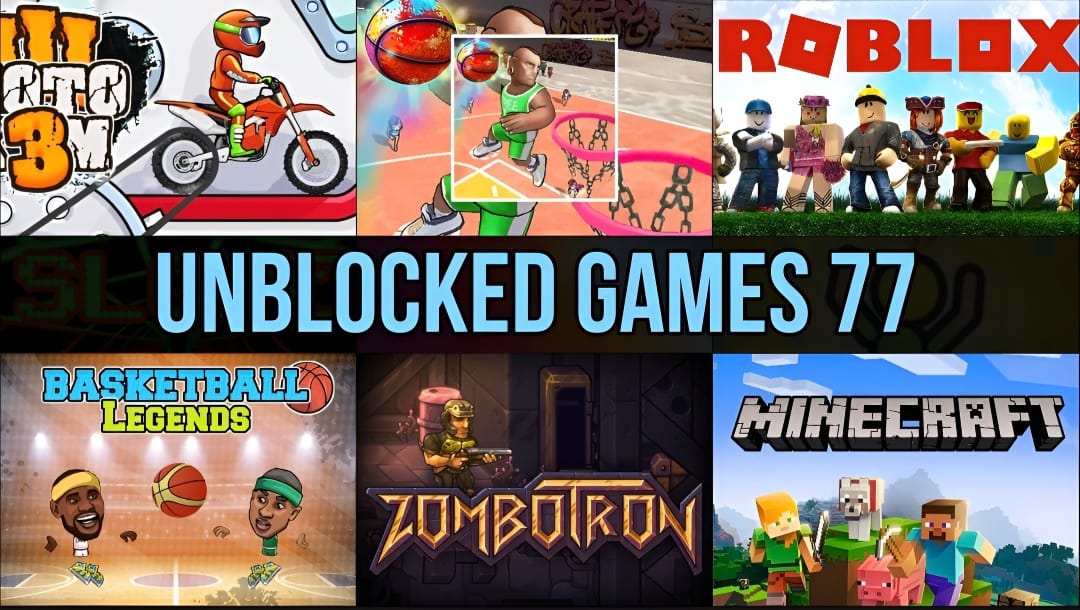
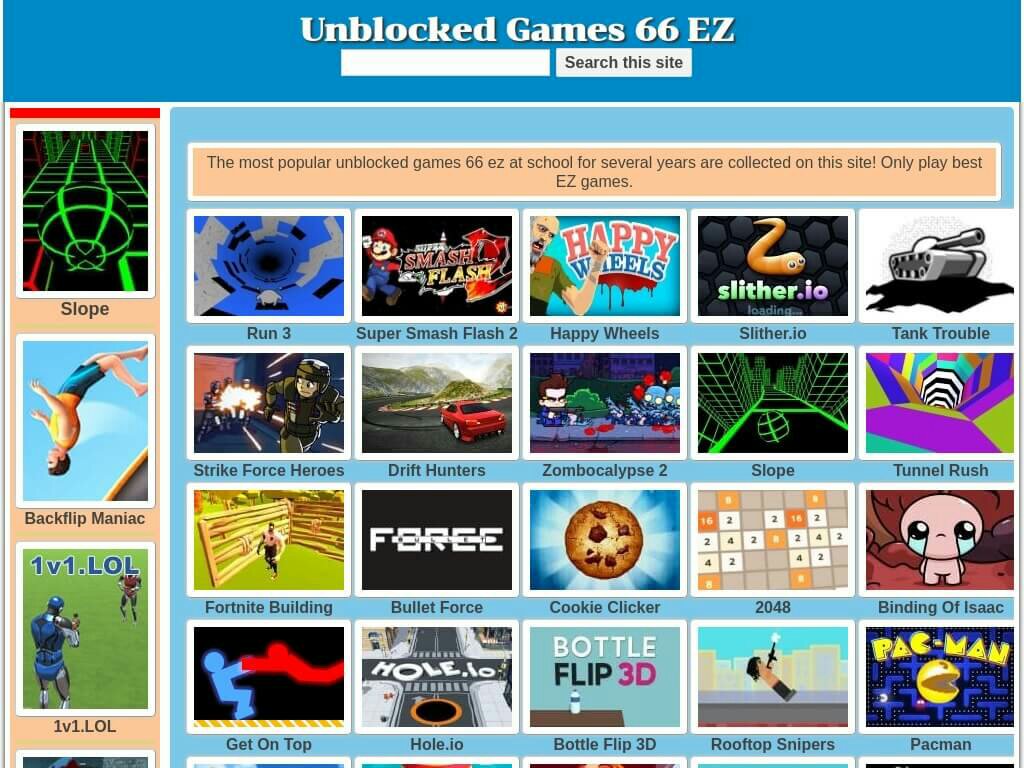
![The Best Free Unblocked Games Sites You Can Play at School [2020]](https://deskrush.com/wp-content/uploads/2020/03/Unblocked-Games-77-min-1024x445.jpg)

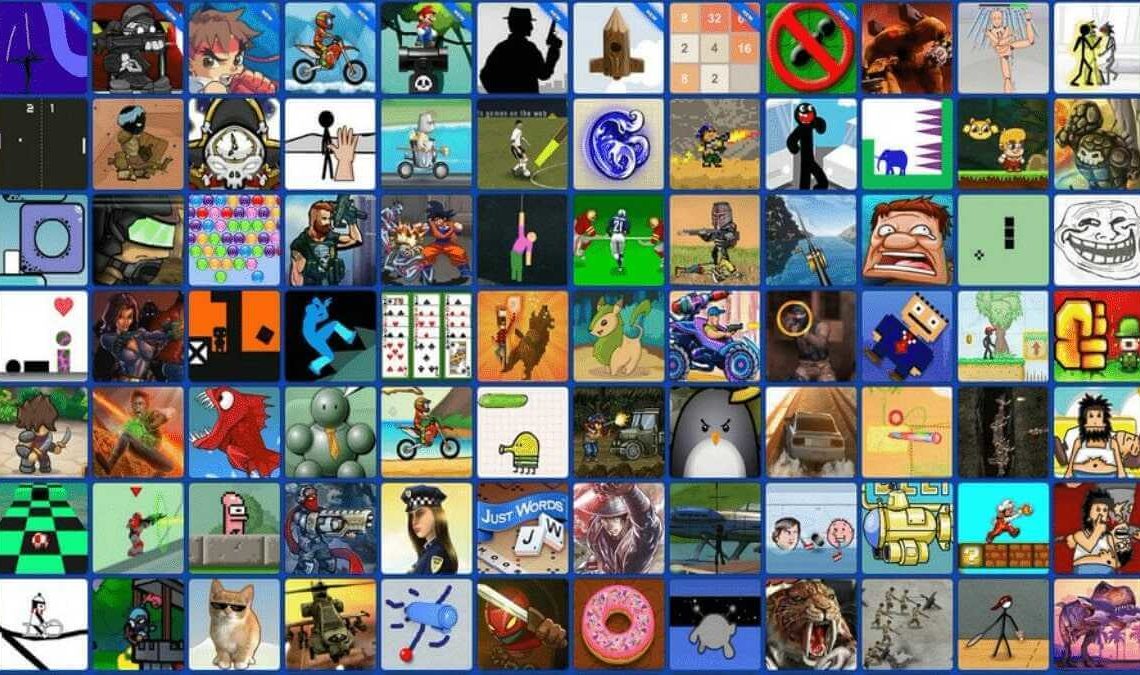
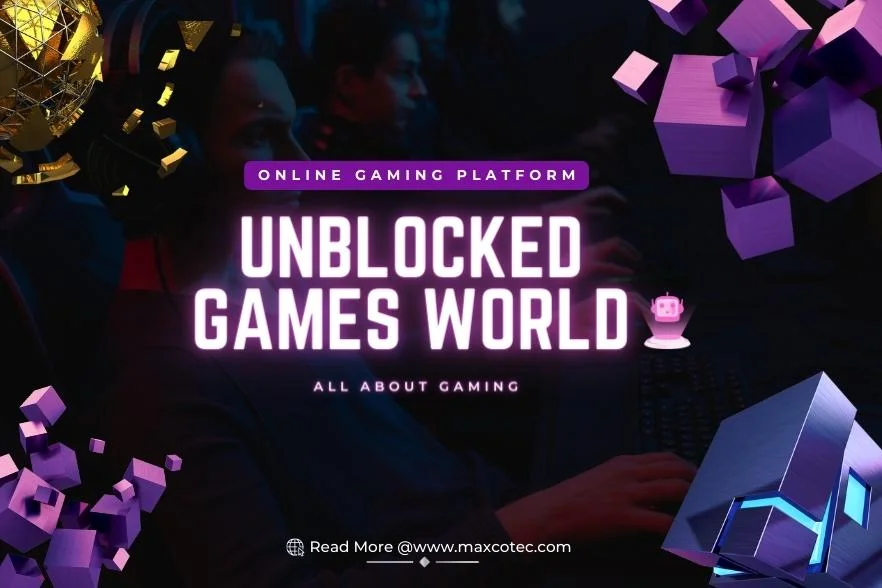
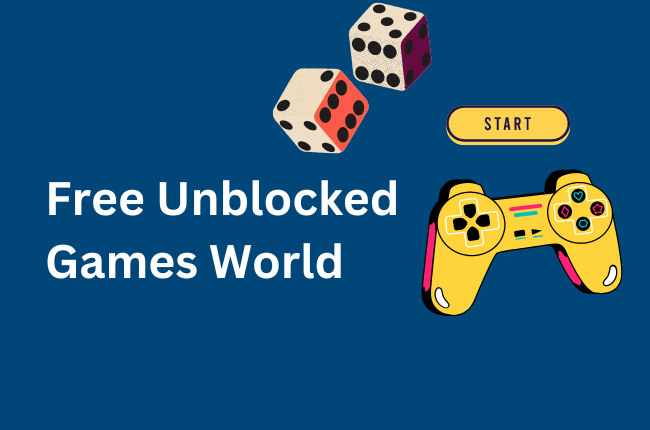

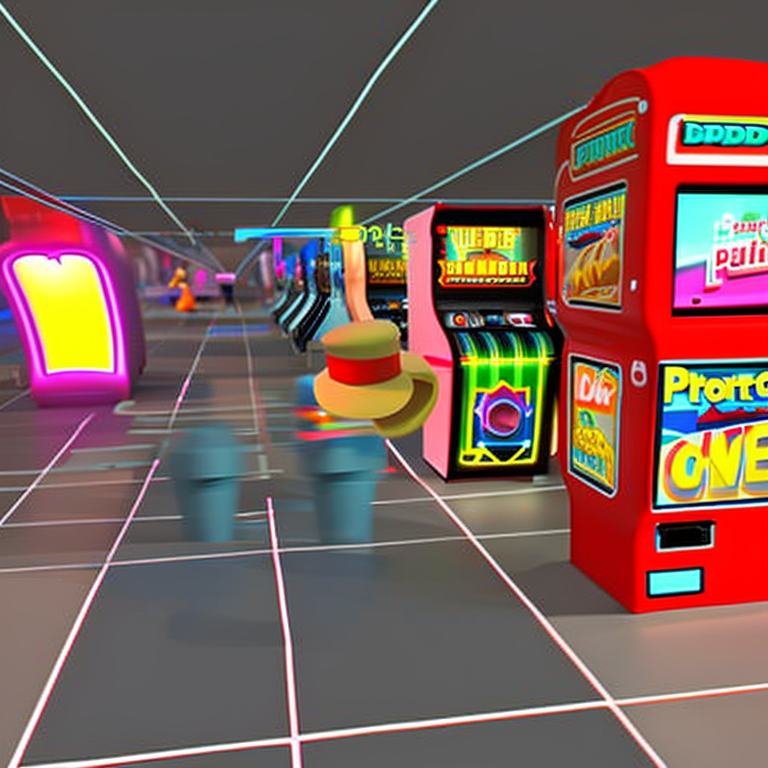


![The Ultimate Guide to Unblocked Games World [2024 ]](https://readus247.com/wp-content/uploads/2023/08/unblocked-games-world-1024x576.webp)

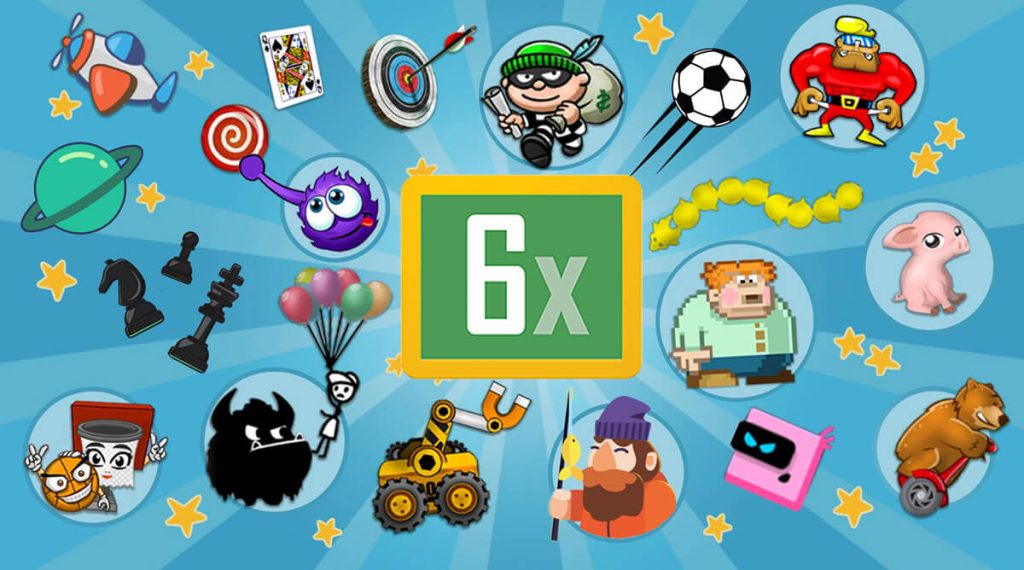
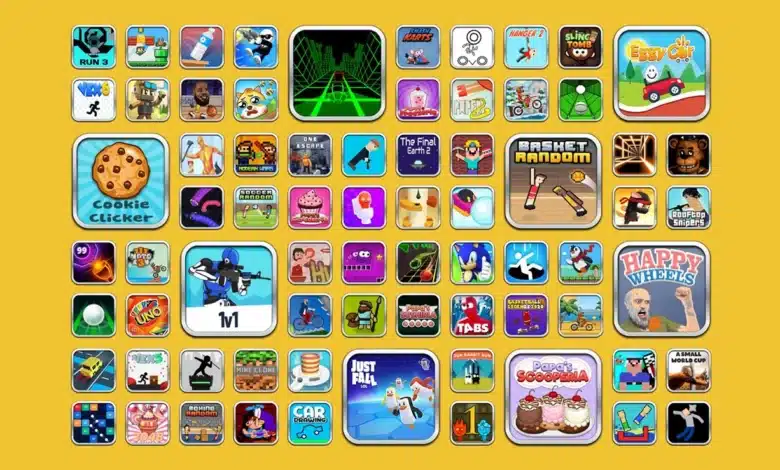




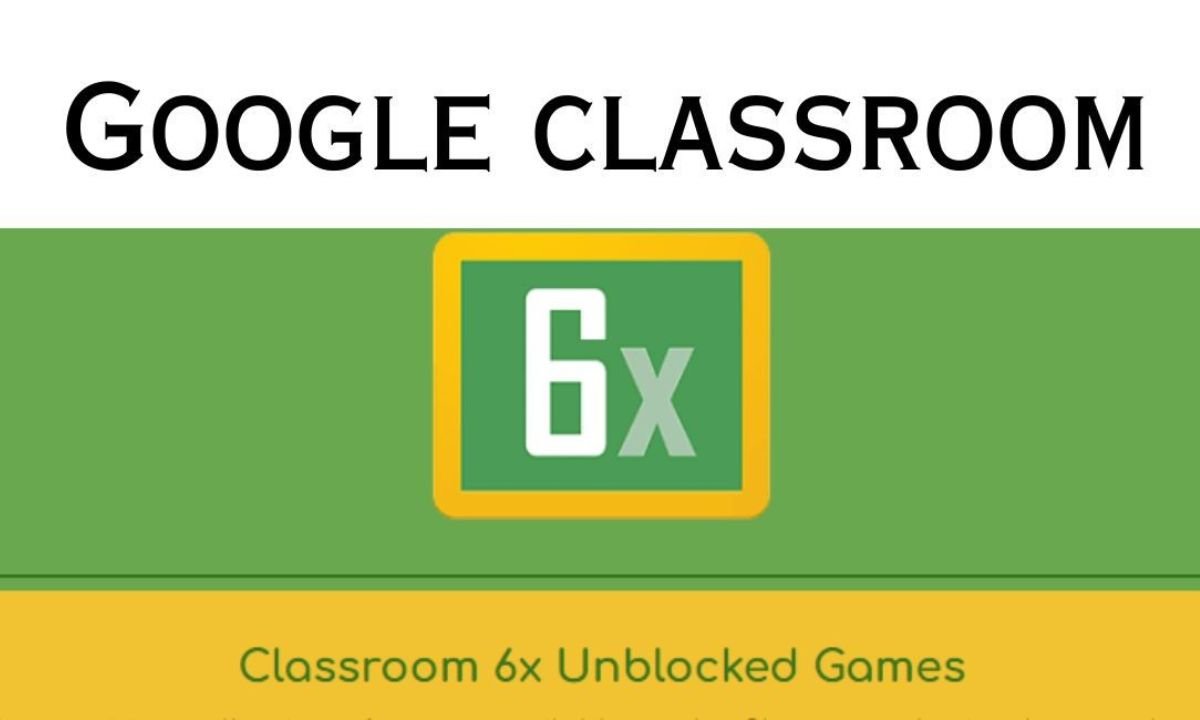

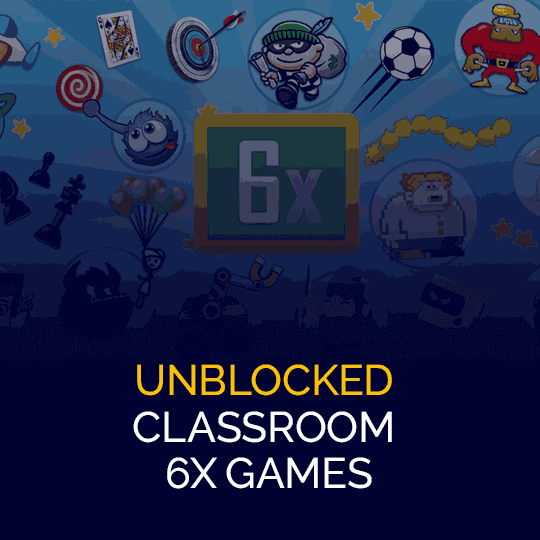





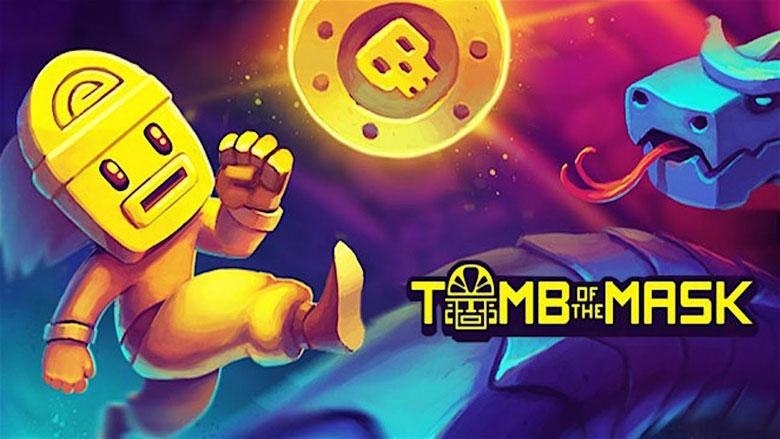















![Jelly Truck Unblocked [Unblocked Jelly Truck For Free]](https://www.nolagvpns.org/wp-content/uploads/2023/08/JELLY-TRUCK-UNBLOCKED.webp)



